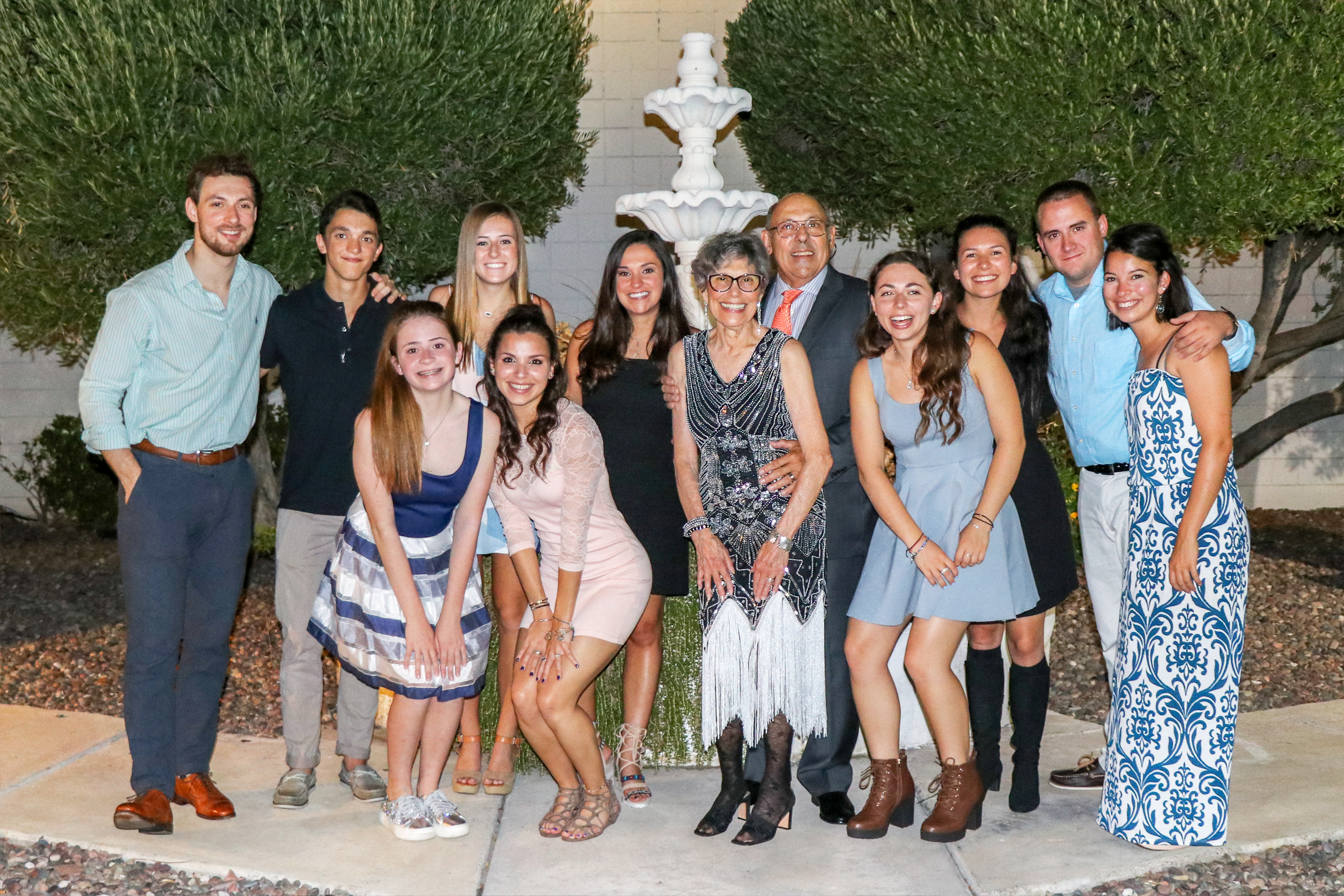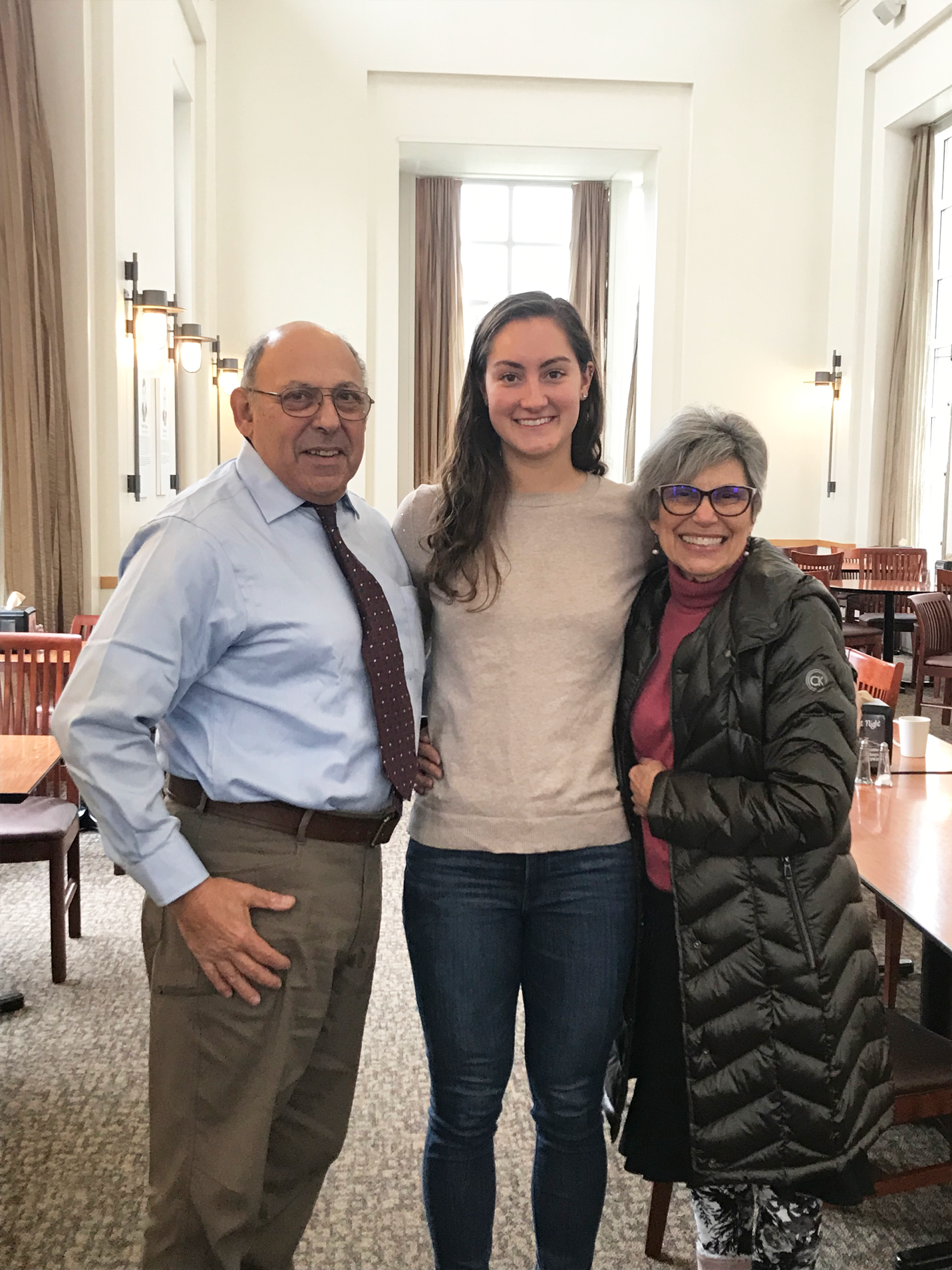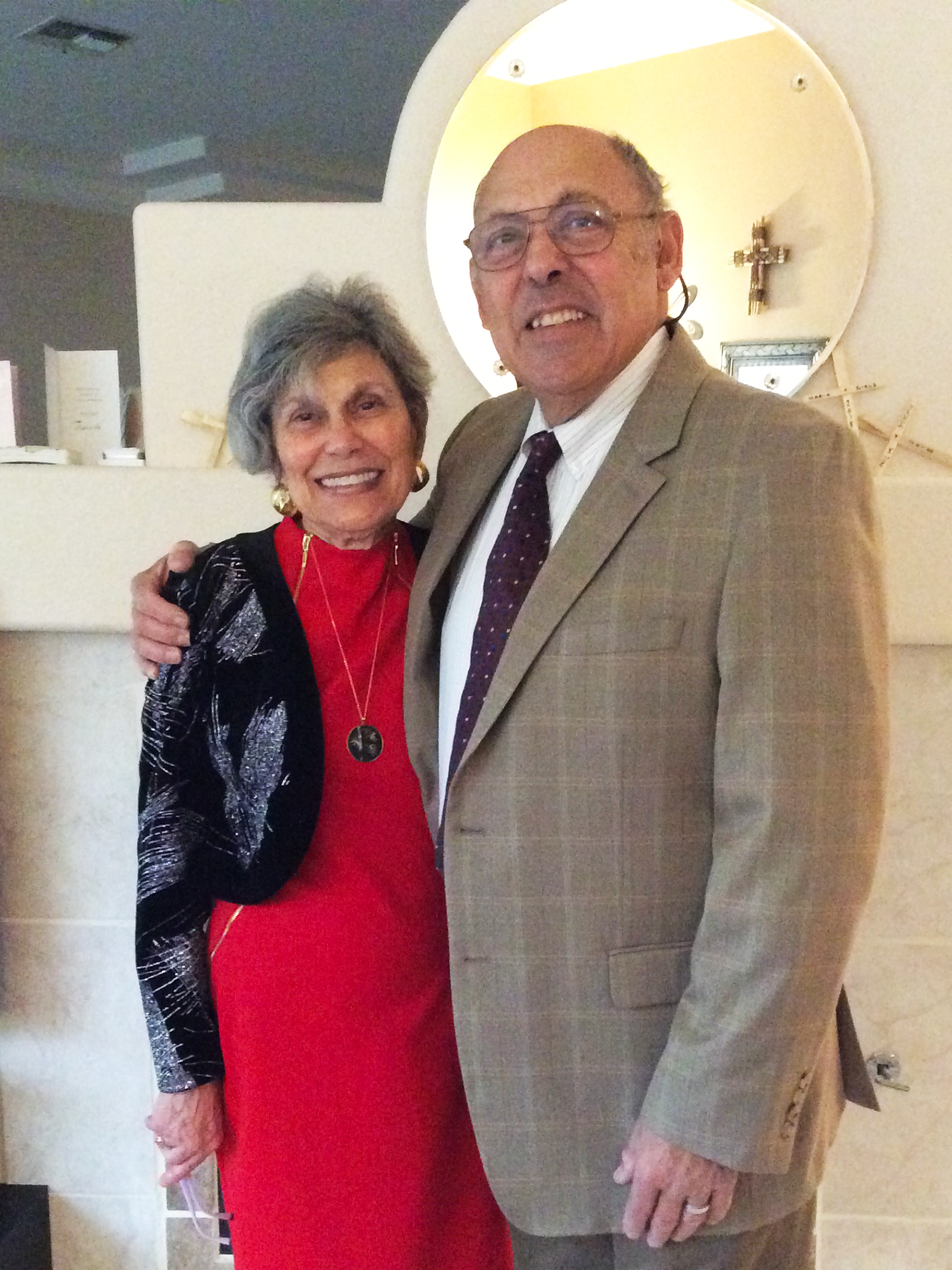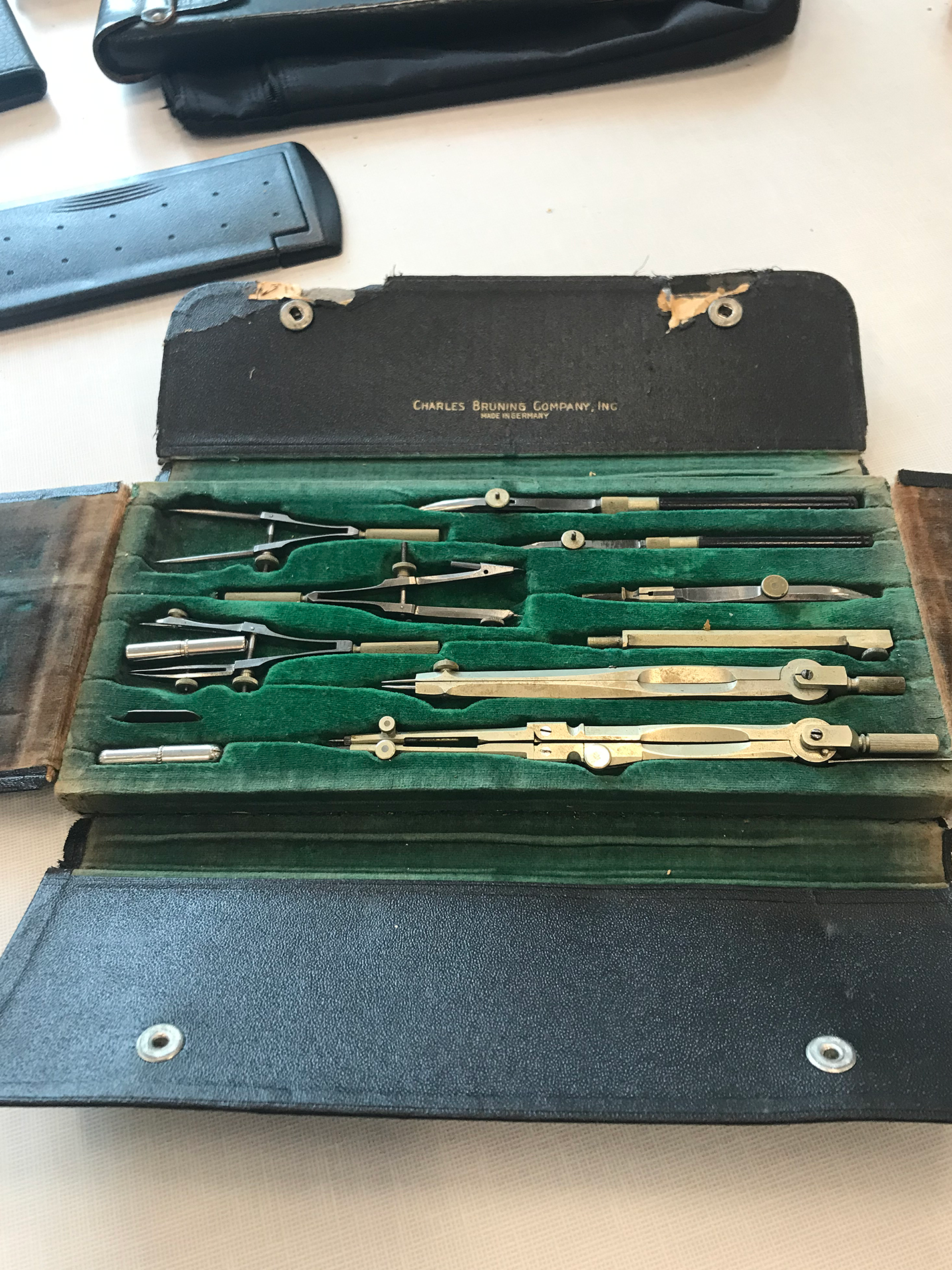The journey to the boardroom
Alumnus Nick Fiore has had an impressive 50-year career in the manufacturing industry and in academic leadership. His humble beginnings have served as the motivation for his own success and philanthropy.
Nick Fiore (MSE ’60, ’63, ’64) has had an impressive 50-year career in the manufacturing industry and in academic leadership. His work has taken him all over the world and has given him the opportunity to interact with business owners and thought leaders in his field. His beginnings, however, are much humbler and have served as the motivation for his own success and philanthropy.
Fiore grew up in the East Liberty neighborhood of Pittsburgh, PA with his large extended family. His father, a marble setter, had taken drafting classes at Carnegie Mellon University (then known as Carnegie Institute of Technology) and instilled the importance of technical training in him. From a young age, Fiore had set his sights on Carnegie Tech.
“Like most of us in that generation, you wanted to get the best technical education because that would allow you to get the best and most-secure job. And, there was a long-standing feeling on a part of our family that Carnegie Tech was a wonderful place to go.”
At Carnegie Tech, Fiore found that the student population fell into groups divided along socio-economic lines. He felt a strong sense of camaraderie with the other commuting working-class students. From industrial towns, many of these students came from immigrant families, like Fiore, and were the first of their household to go to college.

Source: Nick Fiore
Nick and Sylvia Fiore with their grandchildren
Fiore studied metallurgical sciences and spent much of his early career as a faculty member (and later, department chair) in the Department of Metallurgical Engineering and Materials Science at the University of Notre Dame. He was heavily influenced by the Carnegie Tech faculty that served as his mentors, including the late Harold W. Paxton, and he tried to emulate their actions.
“I was inspired by their caring, by their willingness to help, by their open door,” says Fiore. “Even as an undergraduate, we were invited to their homes. And after I was married, we had faculty at our homes. It was a great experience—the faculty effortlessly cared about you.”
These relationships also inspired Fiore’s generosity to his alma mater. Fiore and his wife, Sylvia, have given several gifts in support of students in the College of Engineering. They established a scholarship fund in the Department of Materials Science and Engineering (MSE) and a fund in support of undergraduate research in the College. Because Fiore received financial aid to attend Carnegie Tech, he feels strongly that he should pay it forward to enable other young engineers to follow their dreams. “Well, it’s just that simple,” he explains. “I owe something back.” He refers to his gifts as “bootstrap gifts,” representing the climb he made from his modest beginnings to the success he has accomplished.
“The reality is that I couldn’t have gotten to where I am in life without Carnegie Tech, and therefore, I owe something,” says Fiore. “I am able to give opportunity to somebody, who might not have had the opportunity otherwise, to bootstrap himself or herself.”
The reality is that I couldn’t have gotten to where I am in life without Carnegie Tech, and therefore, I owe something.
Nick Fiore, Alum, Materials Science and Engineering
Fiore says that he sees himself as a product of two worlds: his tough, hard-working, blue-collar upbringing and the strong training he received at Carnegie Tech. He attributes this combination of influences as the catalyst for success in his life, which includes being responsible for international operations of engineered products at Carpenter Technology Corporation and leading Cabot Corporation’s High-Performance Alloy and Advanced Ceramics divisions.
Through his career, he has seen the field of metallurgical sciences flex and grow into what now is called materials science and engineering. After the decline in the American metals industry, the field of metallurgy became focused on a broader range of materials by leveraging its foundational principles. Fiore sees this as an opportunity for future materials engineers: “The field automatically renews itself,” says Fiore. “The principles on which the field has been based are very general, and it almost doesn’t matter whether you’re dealing with a plastic, ceramic, metal—or using a miracle material discovered in some laboratory.”
Now retired, Fiore remains very involved in his field and in the Carnegie Mellon community. He predicts a bright future for the study of materials, and specifically for the students who study at CMU.



